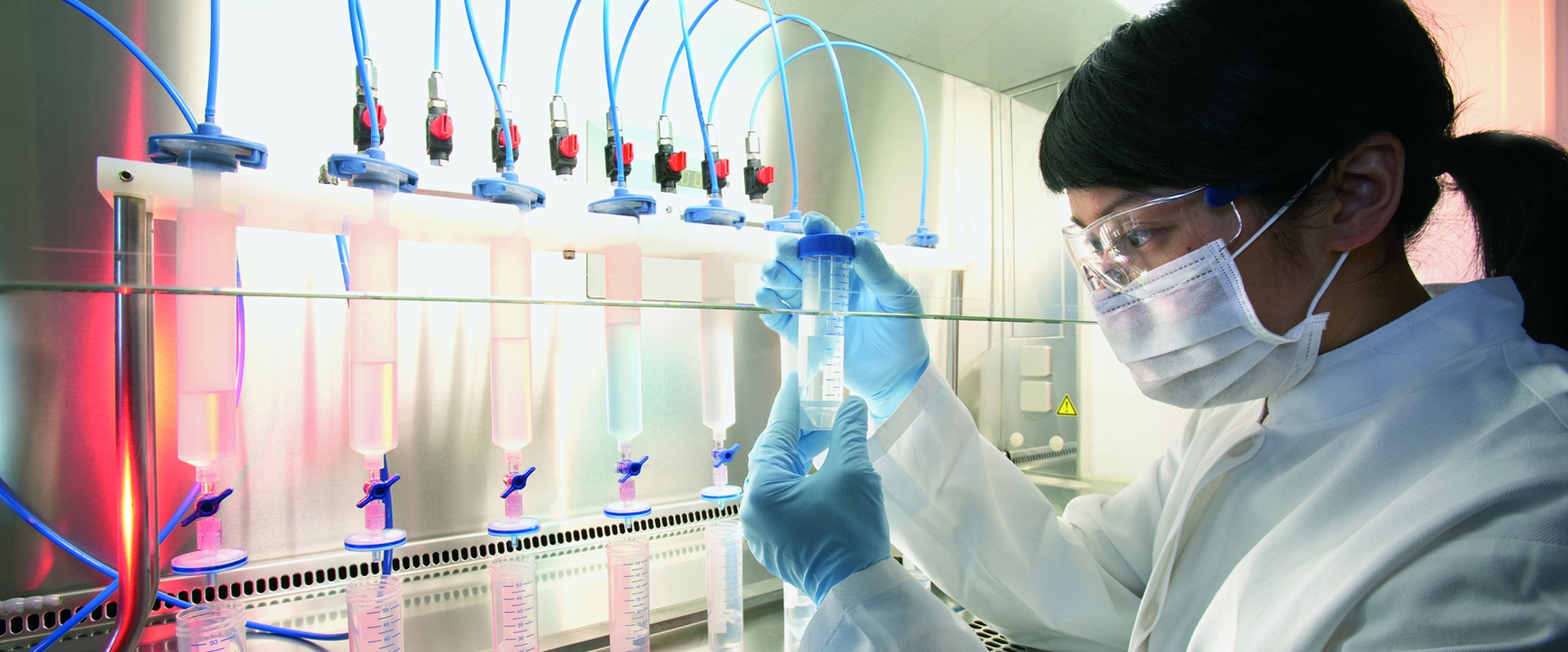
An «open epidemiologic laboratory»
An «open epidemiologic laboratory»
Epidemiology is the scientific discipline that studies the health of populations. Only by epidemiologic methods can we determine the frequency of health problems, their distribution according to diverse criteria (age, sex, occupational and social status, region, etc.), and their course over time. Epidemiology also allows us to understand the determinants of health status and of diseases. Epidemiology uses different methods; among these, diverse characteristics make cohorts a tool of choice.
The GAZEL cohort, set up in 1989 by Inserm Unit 88 (now Inserm UMS 11), in cooperation with several departments of Electricité de France-Gaz de France (EDF-GDF). EDF-GDF was at that time a public utility firm in France involved in production, transmission and distribution of energy. GAZEL initially included 20 625 volunteers working at EDF-GDF (15 010 men and 5615 women), aged from 35 to 50 years at inception. Since 2018, the data collection from GAZEL volunteers has been harmonized with that of the Constances cohort which was also set up by the UMS 11 team, and the questionnaires are now identical in both cohorts.
GAZEL is an open epidemiologic laboratory. Like major scientific instruments (telescopes or particle accelerators, for example, or genotyping laboratories equipped with sequencers), GAZEL was not designed to answer a specific question. Instead it aimed at helping to analyze a wide range of scientific questions and is accessible to the community of researchers specializing in epidemiology and public health.
In accordance with its purpose as a scientific research platform, the GAZEL cohort is permanently open to epidemiologic research teams. Today, more than 80 projects on very diversified themes have been set up in GAZEL by teams from France and other countries. Numerous scientific publications, in the best journals in epidemiology and various medical specialties, have resulted from these projects.
Since 2018, the data collection from GAZEL volunteers has been harmonized with that of the Constances cohort which was also set up by the UMS 11 team, and the questionnaires are now identical in both cohorts.

